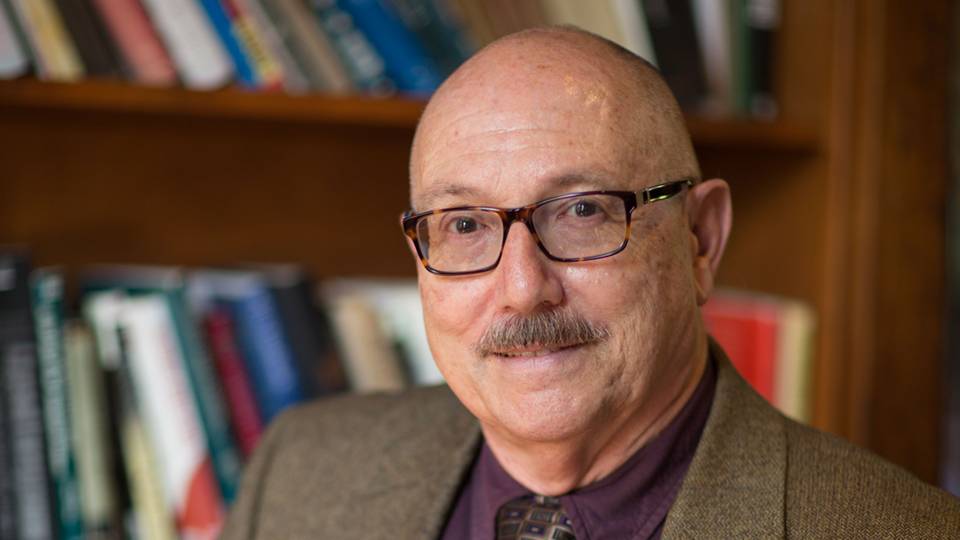Ricardo Krauel, an emerging scholar of modern Spanish poetry and
gender studies, died Nov. 22 in Princeton at age 40 after a battle with
cancer.
Krauel had been an assistant professor of Spanish and Portuguese languages and cultures at Princeton since 1998.
"As a colleague, he was very hard working, very professional, very
committed," said Angel Loureiro, chair of the department. "As a
researcher, he was one of the young stars of the field of peninsular
studies."
A graduate of the University of Málaga in Spain, Krauel received a
master's degree in Spanish language and literature from the University
of Ottawa in Canada. He earned his Ph.D. in Hispanic studies from Brown
University, where he was awarded the Kossoff Prize for Leadership in
Language Teaching and the Lippitt Presidential Award for Excellence in
Teaching. In 2001, he was invited back to deliver the annual José Amor
y Vázquez alumni lecture.
Wadda Rios-Font, who knew Krauel when she was on the faculty at Brown,
said he was an outstanding teacher and a first-rate scholar.
"He combined a thorough capacity for detailed research and acute
critical skill with a keen sense of the political underpinnings of
Spanish literary and popular culture," said Rios-Font, now a professor
of Spanish and Latin American cultures at Barnard College.
Specializing in modern and contemporary Spanish literature and culture,
Krauel taught and conducted research in areas including gender, literary
theory, intellectual history, and relations between cinema and
literature. He published articles on authors such as Pérez Galdós,
Clarín, Pardo Bazán, Palacio Valdés, Pérez de Ayala, Gabriel Miró,
Francisco Ayala, Adelaida García Morales and Ana María Moix. He also
wrote on medieval and golden age Spanish literature and on 20th-century
Latin American narrative.
Krauel's 2001 book, "Voces desde el silencio: Heterologías
genérico-sexuales en la narrativa española moderna," provided a
critical model for the analysis of literary representations of same-sex
erotic desire, culturally conditioned attributions of social and
psychological features of the opposite sex, and physical traits of
androgyny in Spanish narrative between 1875 and 1975. He was working on
a second book-length project on the limits of poetic discourse in
modern Spanish literature.
Among colleagues, Krauel was especially known for "the spontaneity of
his jokes and a wry, sharp-witted humor from which no one was safe --
beginning with himself," according to Rios-Font. "His distinctive
chuckle must be indelibly etched in the mind of everyone who heard it.
He was generous and collegial, and formed deep friendships with both
classmates and professors which lasted throughout his life.
"His life was short but full," she added. "Perhaps the only consolation
for his death is the fact that he was never one to leave things for
later, and his time in the world really mattered."
Krauel is survived by his wife, Carmen Santa-Cruz, a lecturer in
Spanish and Portuguese languages and cultures at Princeton, and their
two children, Alejandro and Victoria.


